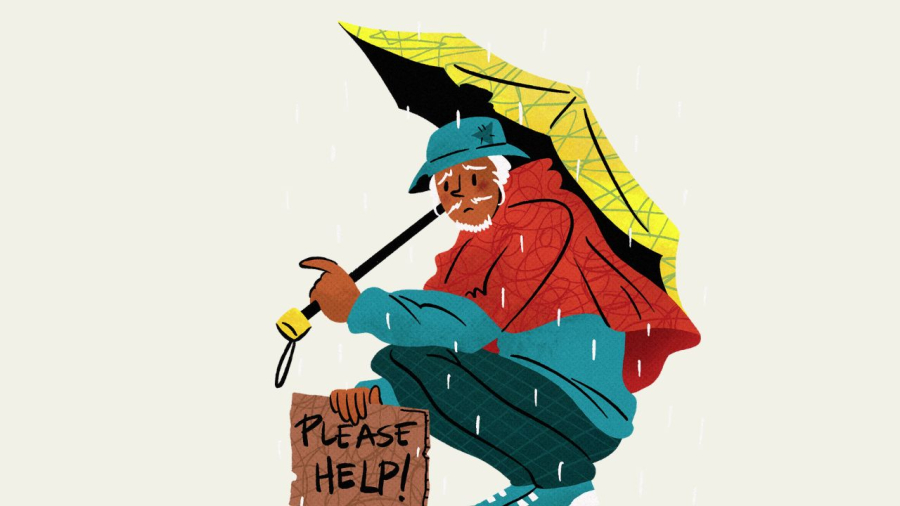The Beggar’s Luck: A Cultural Perspective on Almsgiving and Superstition
The Beggar’s Luck: Are They Incarnations of Fortune Gods?
It is intriguing to observe that in many places, there are shrines and temples considered highly sacred by locals, attracting numerous devotees who come to pay their respects. Upon inquiry, one learns that the object of worship is often a deceased beggar, sometimes unknown by name, who met their end on the streets. This begs the question: why are these individuals revered while beggars are generally disdained in society?
The belief in the divinity of beggars and the subsequent establishment of shrines in their honor can be attributed to the following reasons:
Firstly, from a humanitarian perspective, beggars are seen as less fortunate, afflicted by fate. Showing compassion and providing alms to them is regarded as an act of kindness and a reflection of one’s character. This act of charity is deeply rooted in Vietnamese tradition, emphasizing the importance of supporting those in need. Thus, instead of shunning beggars, people offer them what they can, be it food, clothing, or shelter. Should they pass away destitute, a proper burial is provided, and their graves are tended to. Out of sympathy, passersby light incense for them, and over time, these solitary acts of kindness transform into a collective belief in their spiritual power, with people convinced that these souls will reciprocate their generosity.

Local Belief: Beggars Might Be Disguised Fortune Gods
Secondly, folk beliefs hold that beggars could be incarnations of fortune gods. Various tales circulate among the populace, including the story of Mr. Pham Lai and the legend of Nhu Nguyen. One such tale narrates how the god of wealth, having fallen asleep due to intoxication, was punished and sent to Earth. Upon his descent, he lost his memory and had his clothes stolen. Forced to beg for sustenance, he found solace in a restaurant that offered him food. Interestingly, this beggar had a peculiar fondness for roasted meat, and his presence attracted a surge of customers to the establishment, for he was believed to be the fortune god in disguise.
Thus, the possibility that beggars could be divine beings in mortal form has taken root in the collective consciousness. The fear of offending these potential incarnations of fortune gods keeps people from turning them away, as doing so is thought to bring about financial misfortune.
The Sacredness of Beggar Worship: A Cultural Perspective
In the past, when poverty was rampant, beggars were a common sight, often without family or a place to call home. When they succumbed to hunger or illness on foreign soil, they were left without anyone to perform the necessary funerary rites. Thus, out of compassion, locals erected shrines to provide these departed souls with a place of worship, embodying the Vietnamese spirit of mutual affection and empathy.

Beggars: Victims of Poverty and Hardship, Memorialized by the Community
As these deceased beggars lacked personal altars or family members to tend to their graves, the community took it upon themselves to establish small shrines, ensuring these souls had a place to call their own. Over time, as faith in their spiritual power grew, these shrines gained popularity, attracting more devotees.
While one’s beliefs may vary, the act of giving to those in need remains a noble one. Even if one does not subscribe to spiritual notions, offering alms to a hungry beggar only adds to one’s virtue without causing any harm. Extending a helping hand to the less fortunate, regardless of their outward appearance, is a testament to one’s humanity. On the other hand, if one believes that encountering a beggar brings bad luck, their own negative mindset may lead to unpleasant feelings and undesirable behavior.
Disclaimer: This article is for cultural exploration and should not be taken as absolute truth or a guide for personal actions.






































